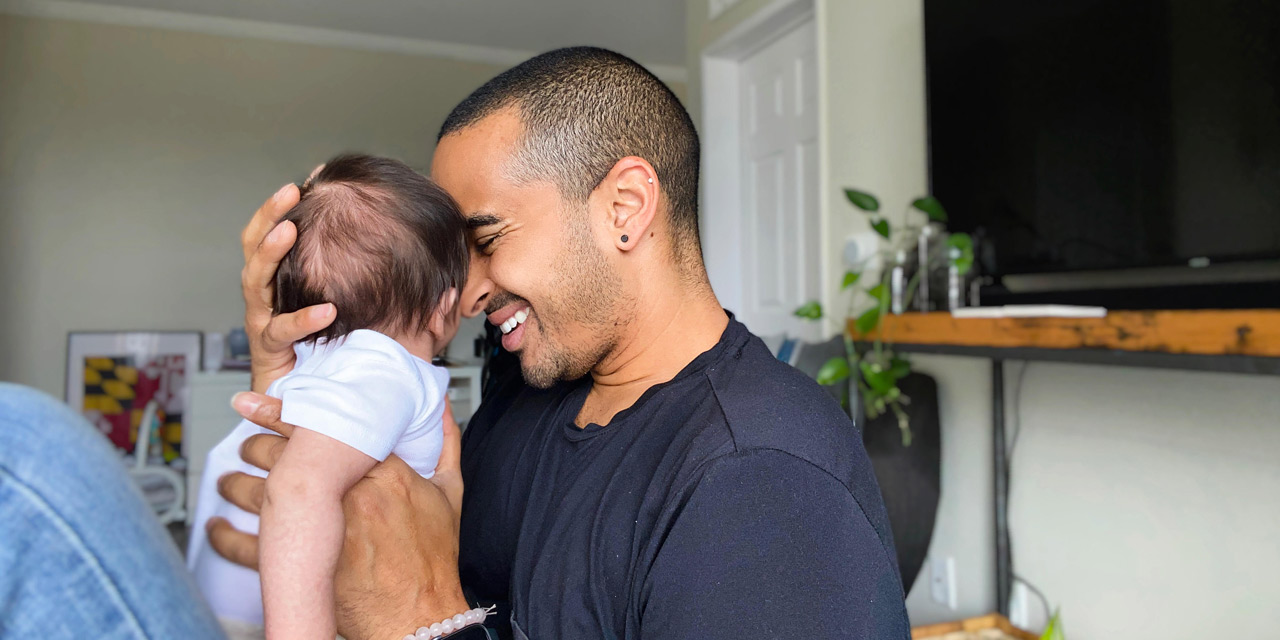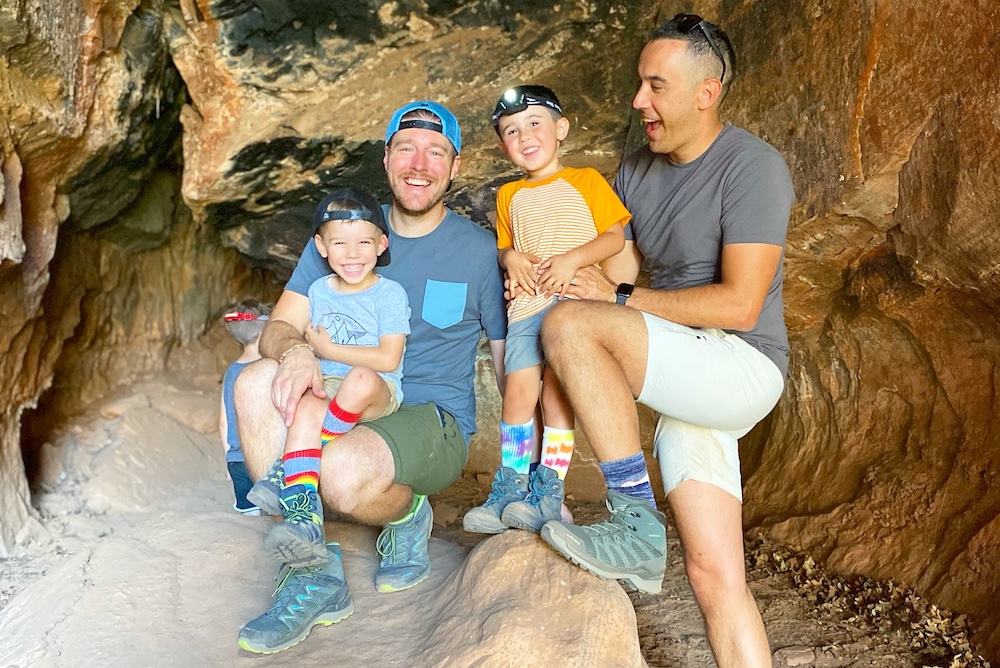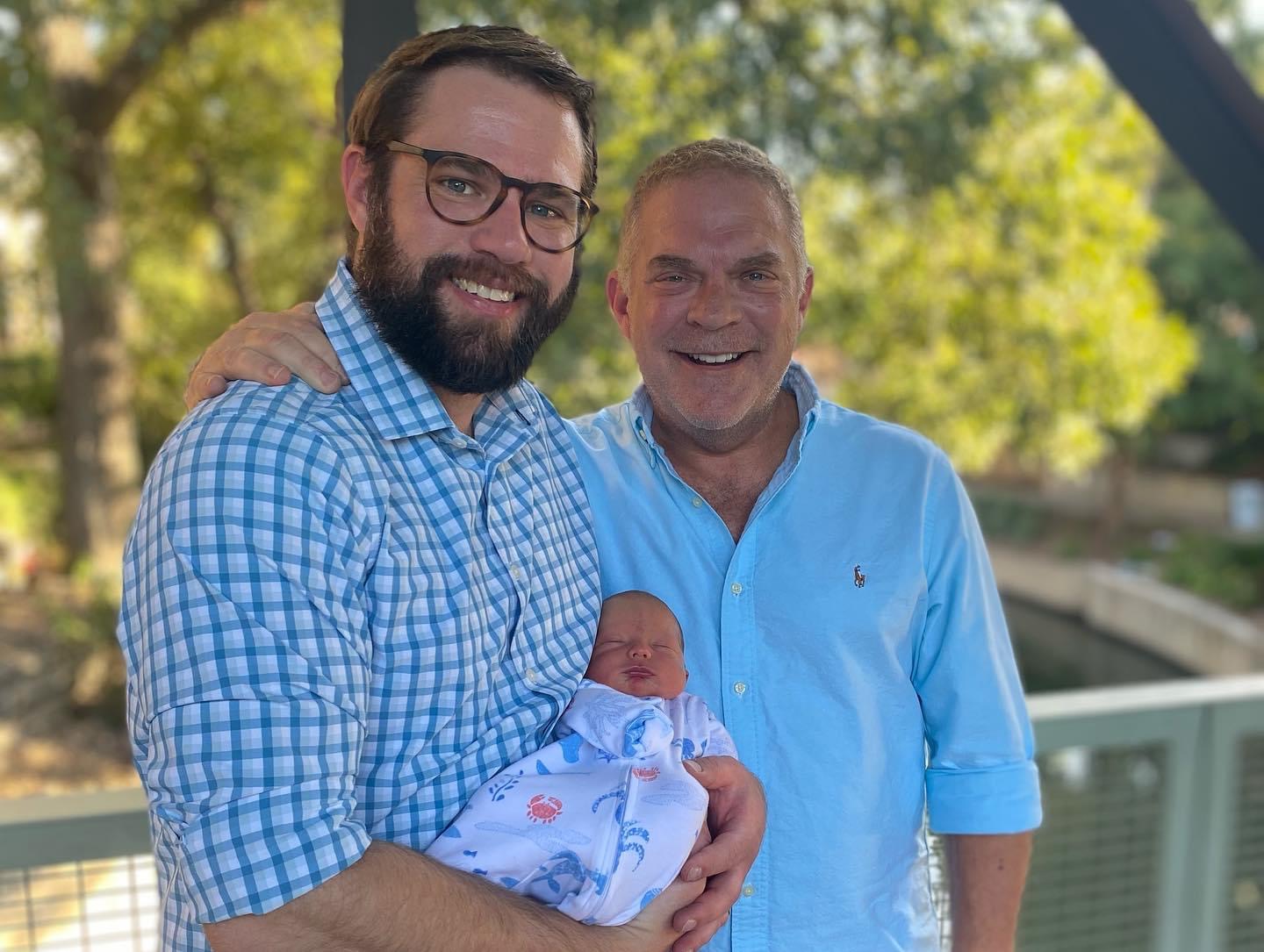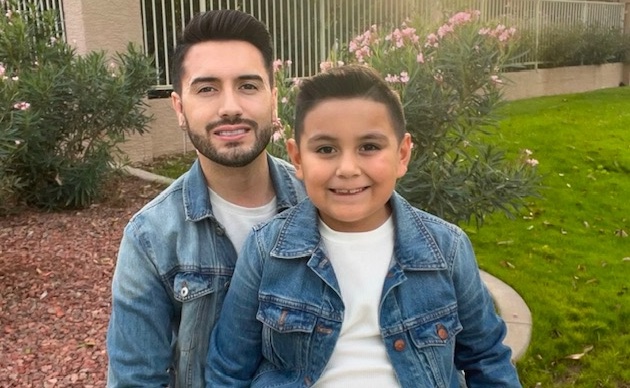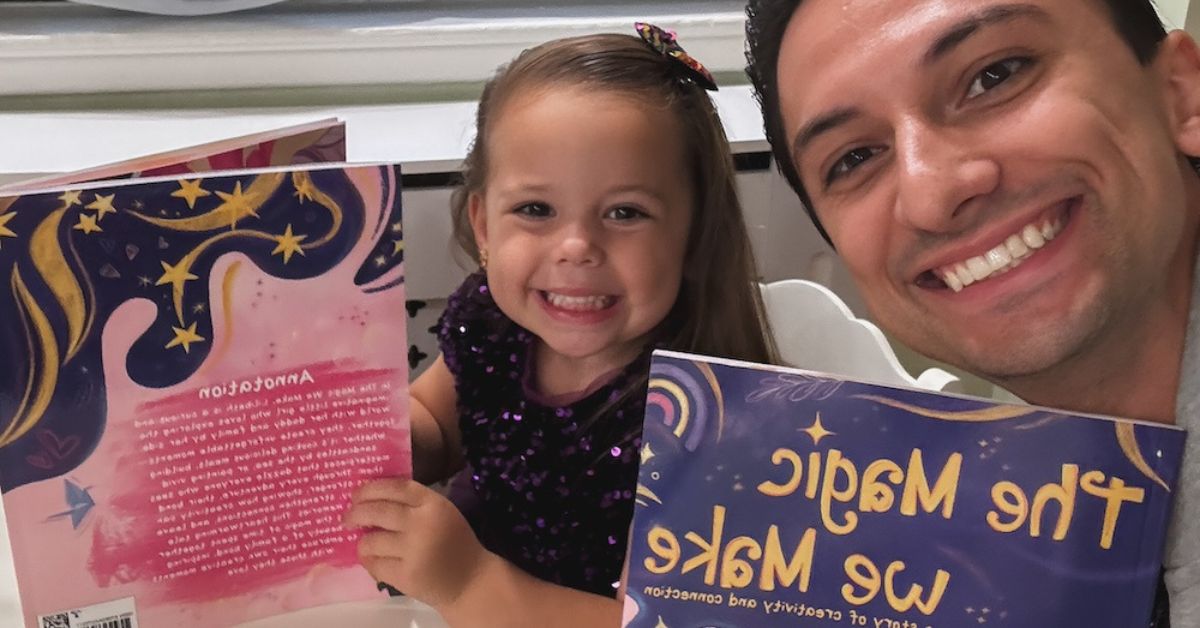When Kevin Gerdes began thinking about which path to parenthood would be best for him as a single gay man, he figured other single LGBTQ+ individuals who have fostered children would have documented their journeys online.
But when he started researching on YouTube, the L.A. realtor found very few other gay people who had made their foster family story public.
So Kevin decided to start his own YouTube channel where he could document his own journey in the U.S. foster care system, and connect with other gay men who might be considering taking that same route to becoming a dad.
“That’s when I connected with Gays With Kids. We started chatting about what we could do together, to bring more awareness to the foster care system in a positive and affirming light,” he said. “And that’s what brings us to this new series discussing all things single dads and foster care.”
As Kevin continues to navigate his foster care journey with a three-month-old baby boy, he’s teamed up with GWK to host conversations with other single gay dads going through the U.S. foster care system to form their families.
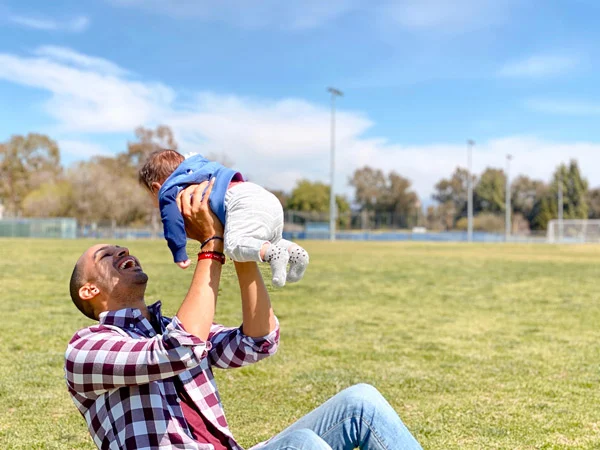
“When I thought about becoming a parent in any form, it was very much like this internal conversation I was having with myself,” he said. “Like, ‘man, I really want to be a parent. I want to nurture another being.’ And I said, ‘Why don’t I just have children? Why am I not doing this?’”
Although being a parent was something he said he always wanted to do, as a gay man, Kevin said in the back of his mind, he knew that it would either be “unattainable or was going to be extremely difficult to attain.”
It wasn’t until Kevin was actively searching for a partner that it dawned on him; his true goal was to have kids. And that wasn’t just something he could do as a gay man, it was also something he could do without being partnered.
“It was actually while I was on a dating app, and I thought, ‘Why do I want a date so bad?’ My next thought was, ‘So that I can have a family.’ And that’s when I said to myself: ‘Why do I need to have a partner to have children? I can do this on my own,’’’ he said. “You just know when you know. That’s what that little spark is.”
Like many foster parents, Kevin is currently going through the foster care system with the intention of adopting. In early February, a five-week-old baby boy joined Kevin’s life. He said so far, it’s been one of the most “difficult” and “amazing” things he’s ever experienced.
“It’s not easy mentally, it’s not easy physically. It’s very difficult. It’s a challenge. It’s hard on your body, your sleep. It’s hard,” he laughed. “However, it’s the weirdest dichotomy, because it’s the most amazing thing I’ve ever done. Typically, those don’t go hand in hand, at least not for me. But it’s truly been amazing, to watch him grow and to watch his development.”
At the moment, Kevin said he and his foster son are in the “beginning stages” of their journey together. Of course, there is always the possibility of a foster child being reunified with their biological family — reunification is, in fact, the primary goal of the foster care system — but Kevin said that has never been a reason for him to avoid being a foster parent.
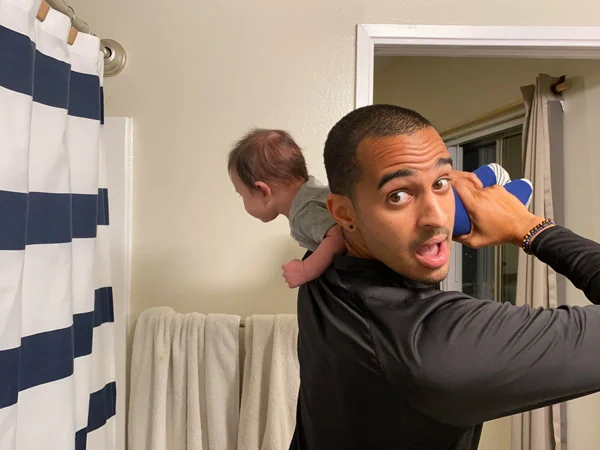
“I love him like he’s my son. He is my child. I enjoy every single moment I have with him,” Kevin gushed. “I understand reunification can happen. What I can say is; it would be really difficult, emotionally. But it’s not a reason to not do it.”
While it’s been an incredibly fulfilling experience so far, Kevin said getting into fostering is generally not a quick process. He said some foster parents can expect up to a two-year wait to enter the system. Although he initially considered several different ways of forming his family, Kevin said fate ultimately led him to choose fostering to adopt.
“I thought about doing private adoption, I was going to do that. But things aligned to where fostering worked out better. It literally fell into place, I don’t even know how to say it,” he explained. “The woman I talked to on the phone with the fostering organization had the same rare Haitian name as my mom, it was just the weirdest thing.”
Although there are several preliminary steps before a parent can enter the U.S. foster system, Kevin said the background check and certification process was fairly quick for him. But, he said, the experience is often dependent on local laws, so anyone interested in becoming a foster parent should fully research their state’s requirements first.
“Once you get your certification, you just wait for your call,” Kevin said. “I told them I wanted to foster a newborn to the age of one… I really want that bonding relationship that babies need at that time.”
When speaking to fostering organizations, Kevin said foster parents-to-be can be honest about whatever situation would work best for them. That includes being open to fostering a child or children within a specific age range, of a certain race or sex, or those who may be undergoing drug withdrawal.
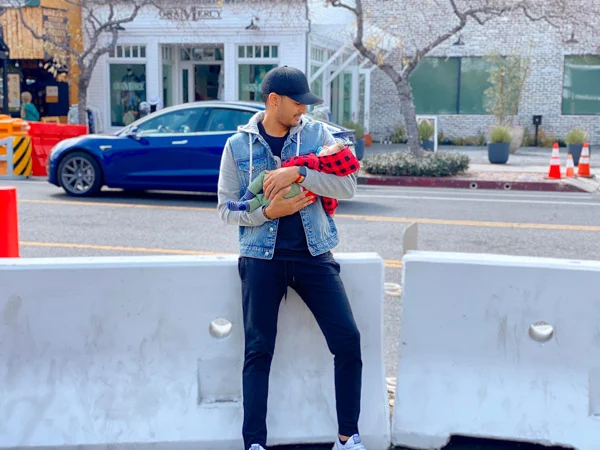
There are also certain rules foster parents must follow while caring for a foster child in the U.S., including not revealing that a child is still in the foster care system, not sharing their names, and not putting them on social media.
“We can’t talk about why they’re being fostered, things like that,” Kevin said. “I know some parents who have adopted their children from the foster care system, and even they don’t like to tell their children’s story, because they don’t feel like it’s their story to tell. They want to let the children share that whenever they grow up, if they so choose.”
While Kevin noted there can be a lot of negative association around the fostering world, he said other single gay men who want to start a family should definitely consider looking into whether fostering to adopt might be right for them.
Since he could specify his desire to be matched with a newborn, Kevin said all his son’s bonding moments are now happening with him. And although there’s a lot to learn about the foster care system, Kevin said he believes other single gay people would have a lot to offer a foster kid.
“We need more LGBTQIA+ people parenting, because we have so much love to give,” he said. “Because we’ve lived such oppressed and repressed lives… and now we live in a time where fostering, adoption, all these different ways to be a parent are so readily available to us… And we live in a way that is so accepting of all cultures, all backgrounds, all people. These are the fundamental things that you teach your children.”

